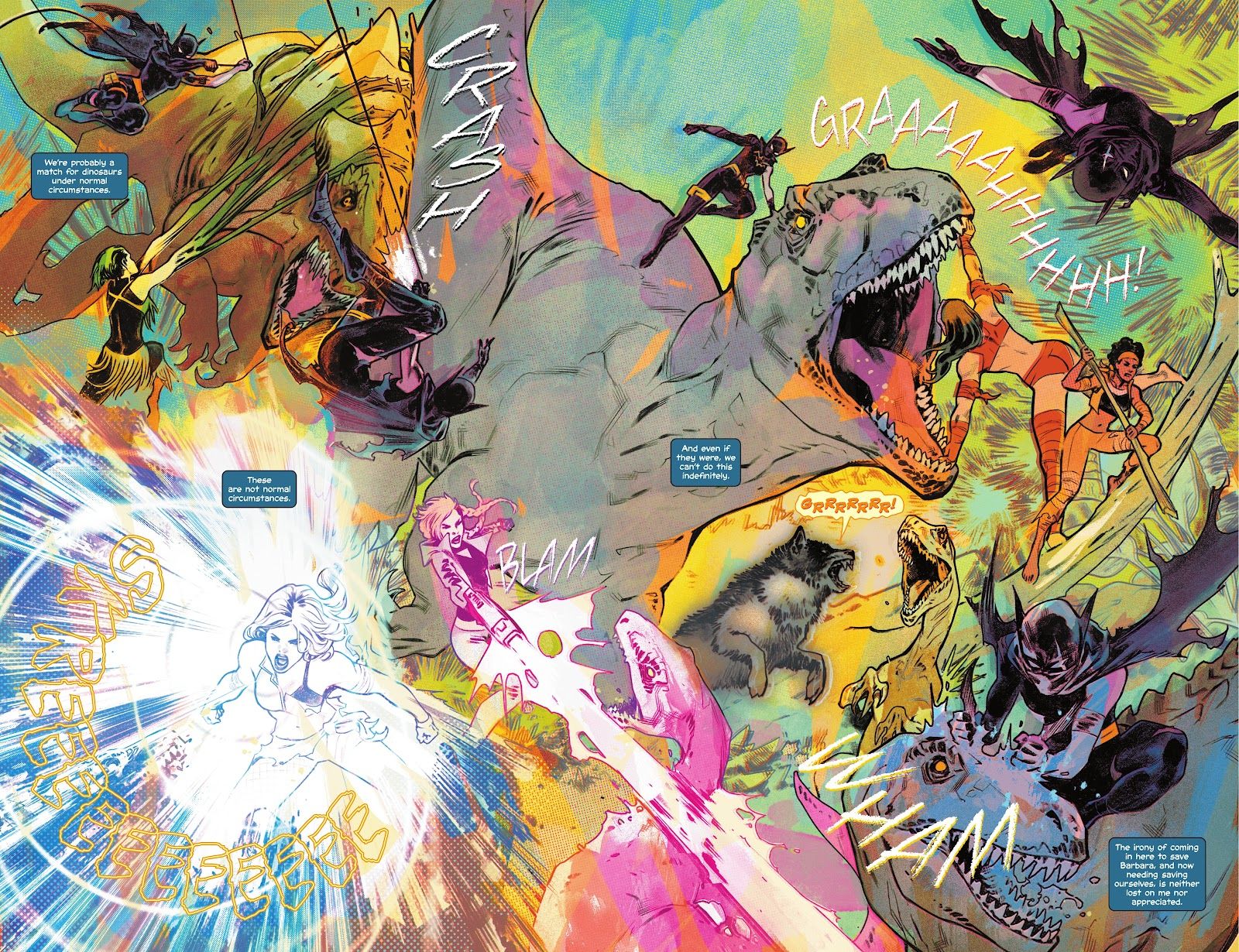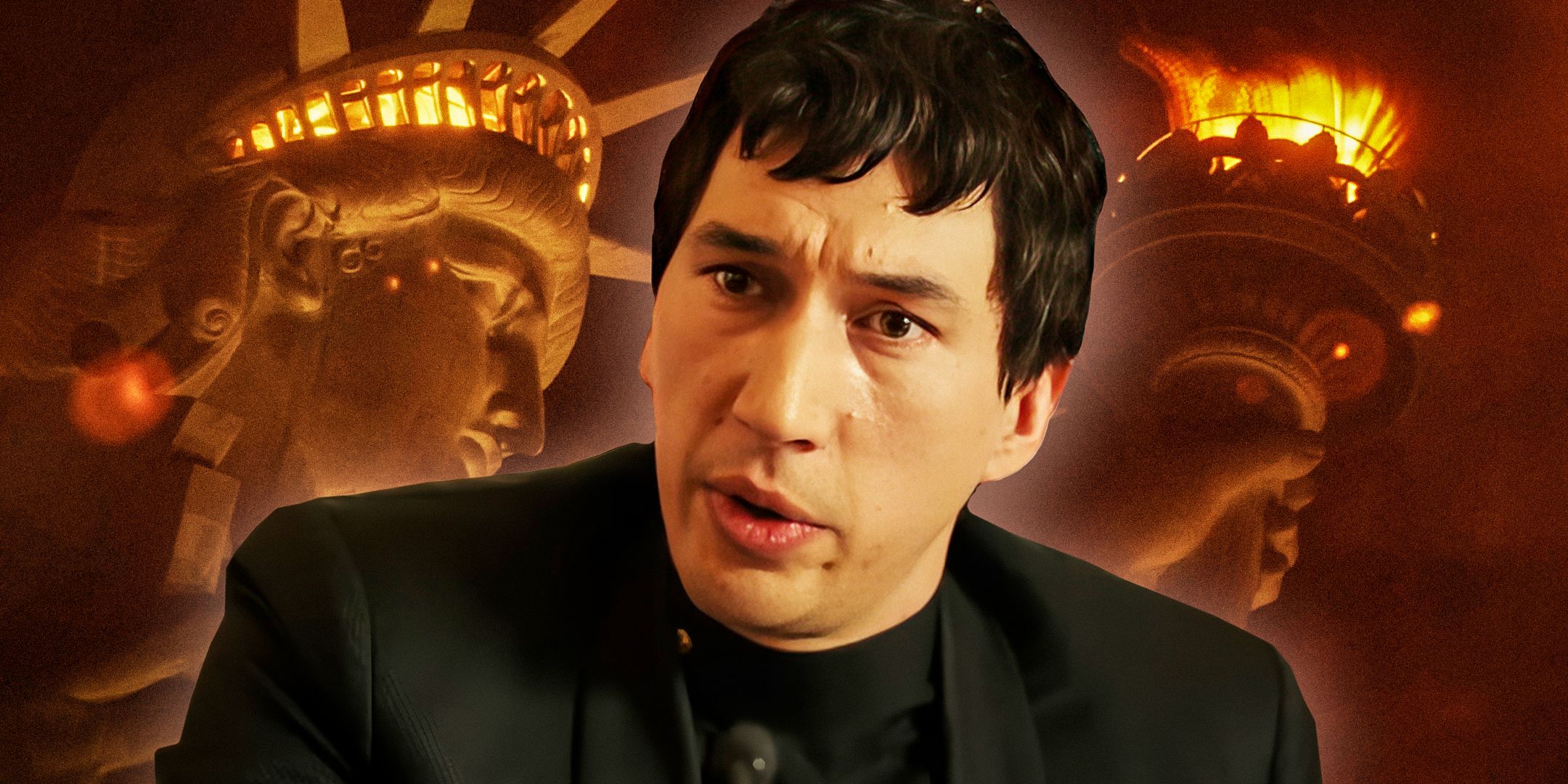With the 1986 publication of Watchmen, writer Alan Moore fundamentally changed superhero fiction – though as Moore himself is quick to point out, this was because no other comic book creator of that era had the ambition to redefine the genre, in the way he sought to, and succeeded in doing, with the dense, literary twelve-issue series.
In an interview for the BBC’s Comics Britannia documentary series, Moore – who created Watchmen in collaboration with artist Dave Gibbons – explained that “it was so easy to have an effect” on the superhero genre, to undermine and deconstruct it, because no other comic book writers were attempting to do such a thing.
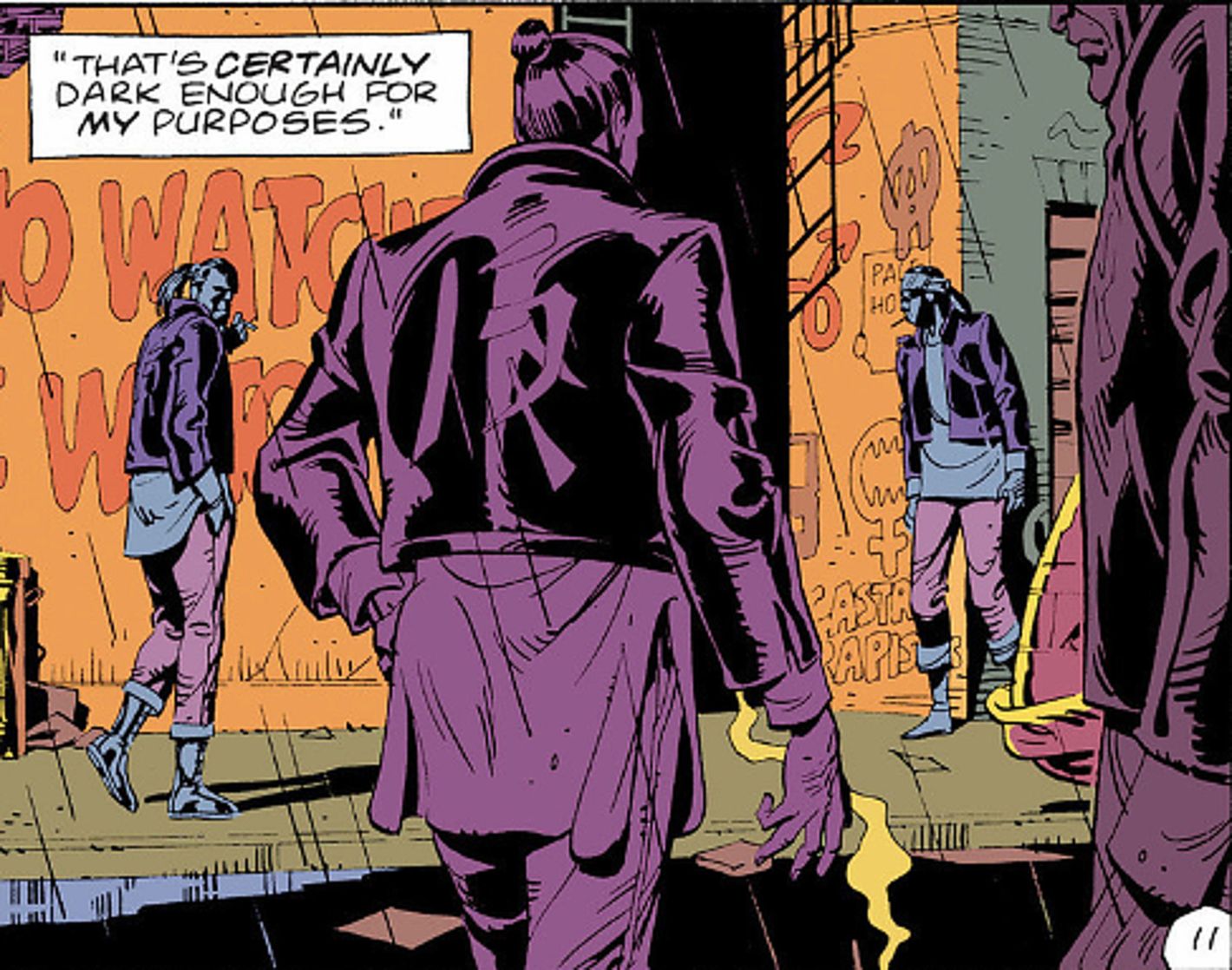
Watchmen is deeply layered at the level of both the text and the image, in ways that reinterpreted the boundaries of what comics could do, pushing the medium to new levels of potential – though Moore claims they barely scratched the surface of what is possible.
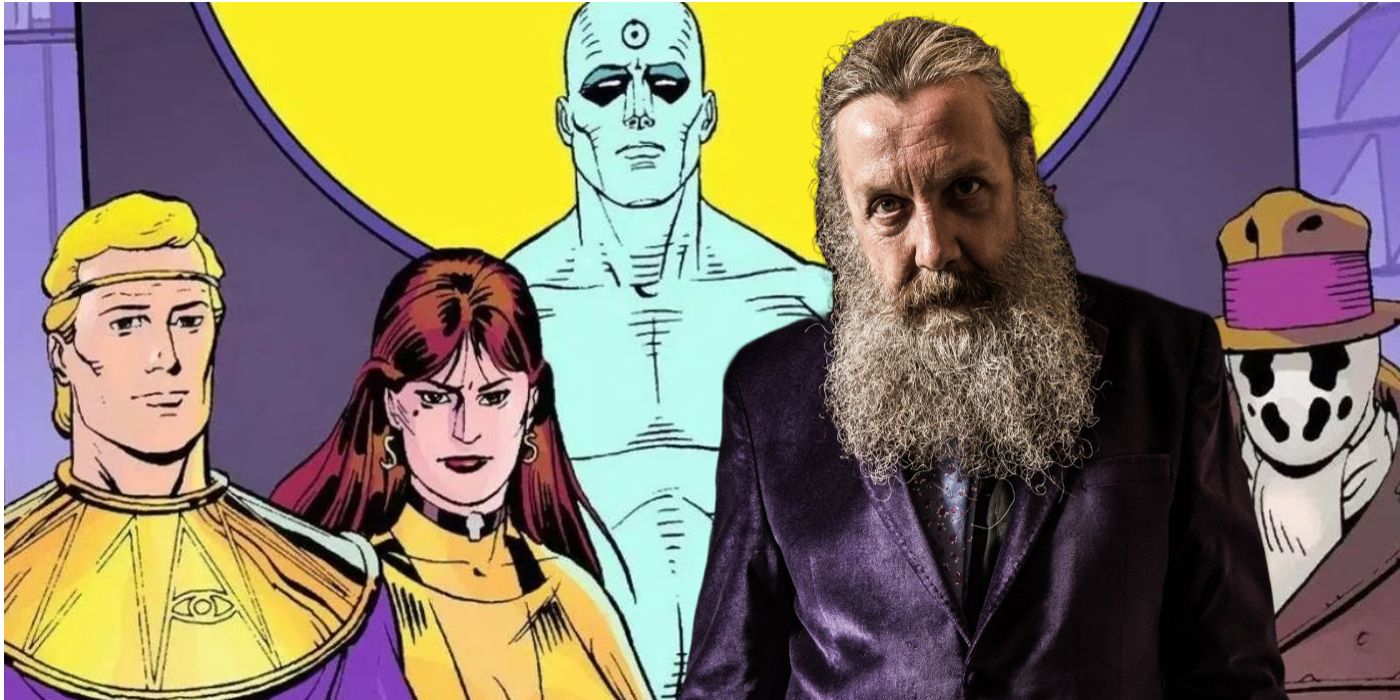
Watchmen’s Alan Moore Tells Writers “The Single Most Important Thing” They Need to Master
Alan Moore, one of the most groundbreaking writers of the past century, shared some essential advice for writers at all stages of their careers.
Alan Moore Elevated Comic Storytelling Because Nobody Else Was Going To
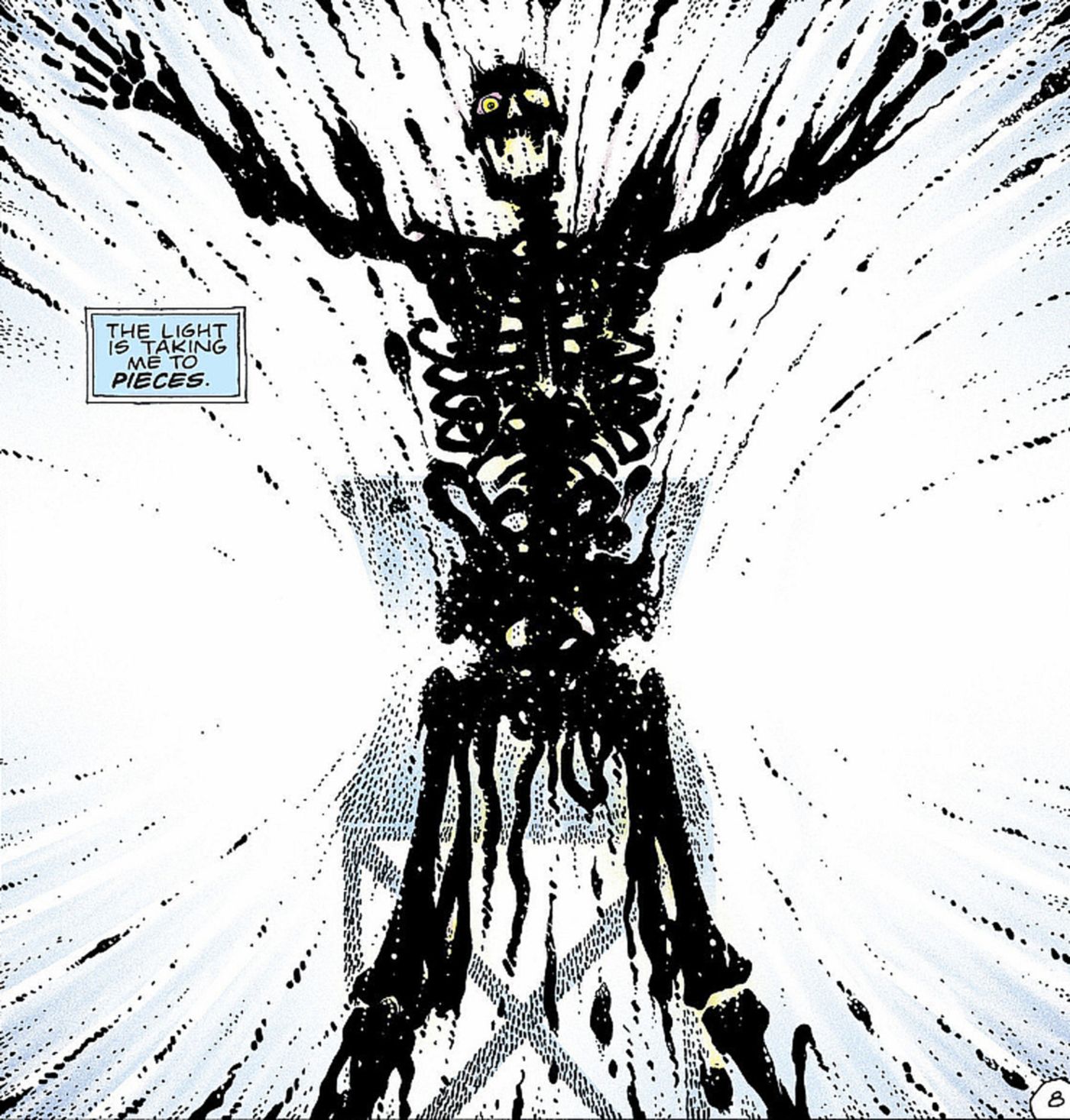
“It was so easy to have an effect because the majority of the writers and artists who’d come before us had never thought of challenging any of these assumptions regarding the superhero genre,” Alan Moore told Comics Britannia, as part of a wide-ranging interview in which he frankly analyzed his own influence on comics, with pivotal works including Watchmen and V for Vendetta, as well as with characters including John Constantine and Swamp Thing. Watchmen in particularly was immediately received, upon its release, as a major shift in perspective on superhero storytelling, one that would permanently alter the genre.
“They had thought that, perhaps at best, it might be a cynical joke about superheroes,” Moore said of his contemporaries’ initial response to Watchmen. Moore acknowledged that there was an aspect of that in the book, but that he also strove to depict the poignant sadness inherent in a vigilante superhero career. “There’s no reason why we can’t exploit all of these things,” he noted, and it is this textured, multifaceted approach to superheroes that in large part makes Watchmen such an enduring an influential series.
Watchmen Asked Questions Other Superhero Stories Couldn’t
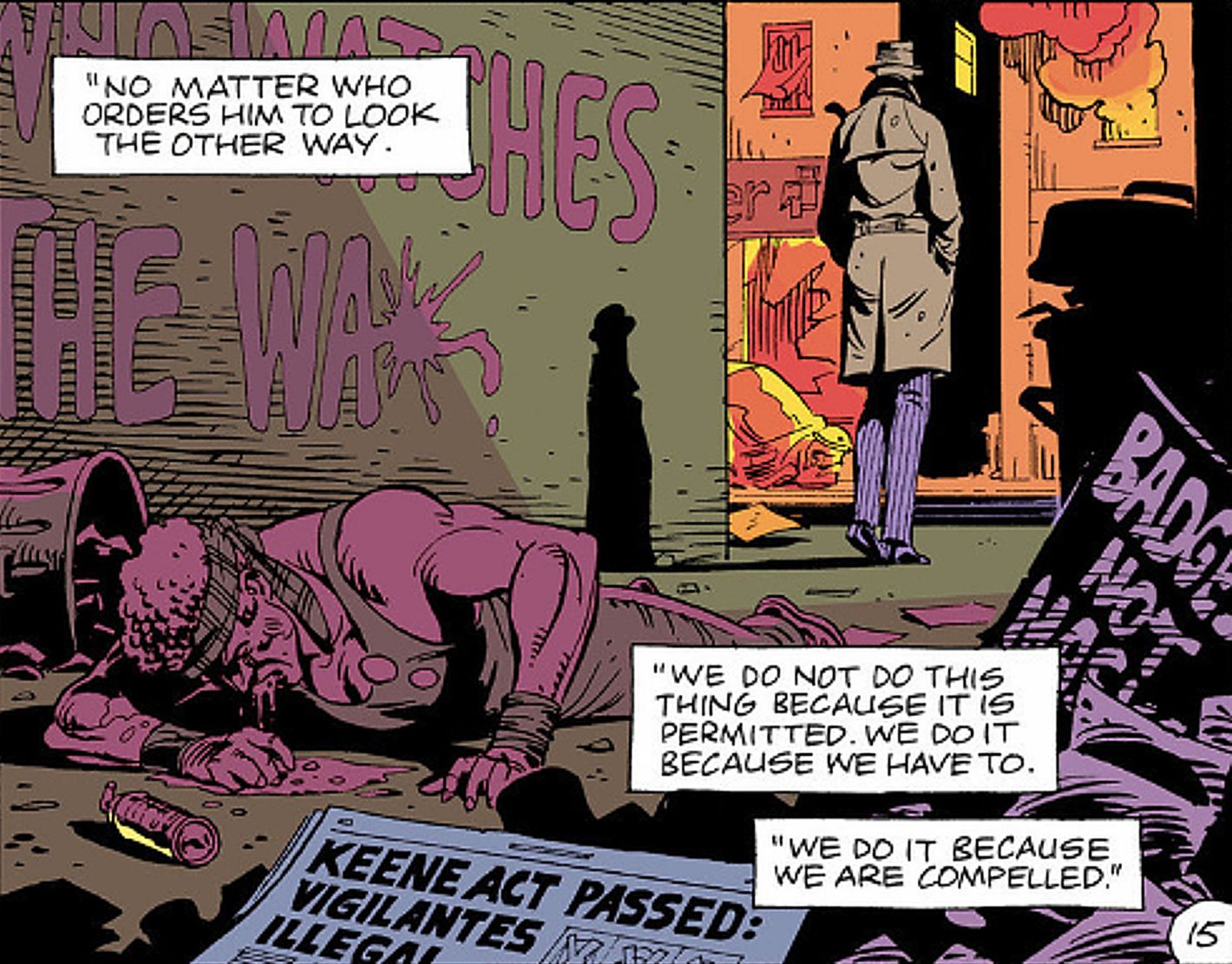
The title of Moore and Gibbons’ opus derives from the rough translation of a Latin saying, “who watches the watchmen?,” which appears throughout the series as graffiti, semi-obscured but ever-present, on walls throughout the grimy New York City of Watchmen’s alternate 1980s. This underlying question, of who holds accountable those who seek to enforce the rule of law, is one of many ways Moore interrogates the superhero genre throughout the course of the story. More than any of its character pathos, or any aspect of its plot, it is this questioning nature that drives Watchmen from start to finish as a narrative effort.
Subsequently, the questions it raises have been integral to readers’ enduring praise for the book. Watchmen is – as is the case with most great works of fiction – dissatisfied with its own attempts at answers, ultimately preferring to allow the reader to take over the role of interrogator, to continue applying its questions to other superhero stories, after Watchmen’s narrative has ended. It is for this reason why Moore’s monumental work was easily able to have such an immediate, lasting effect on comic storytelling, and the comic industry, leading Watchmen to widely be considered the peak of superhero fiction.
